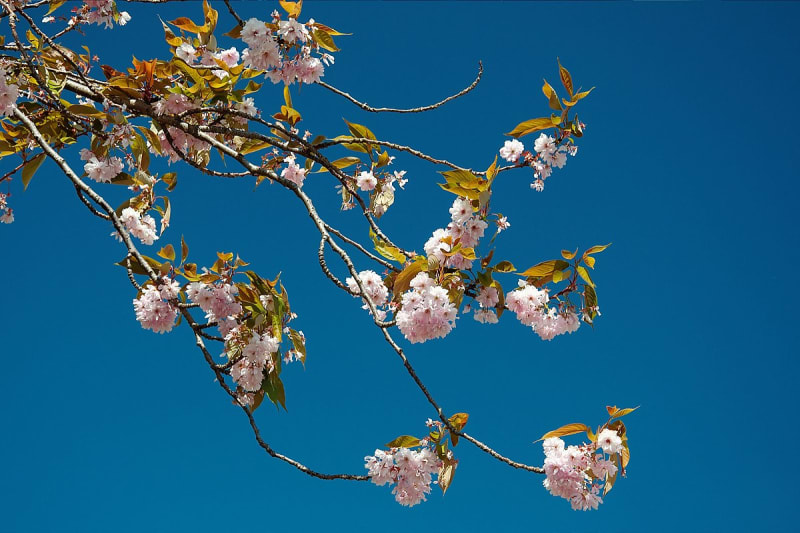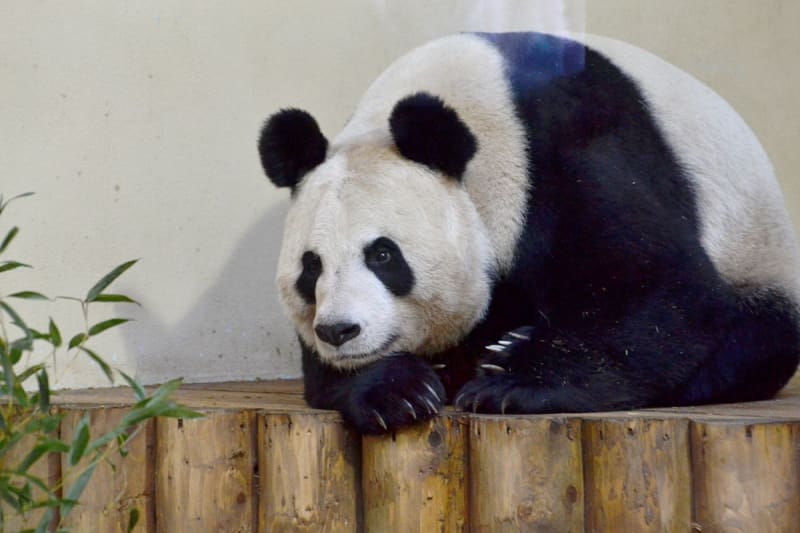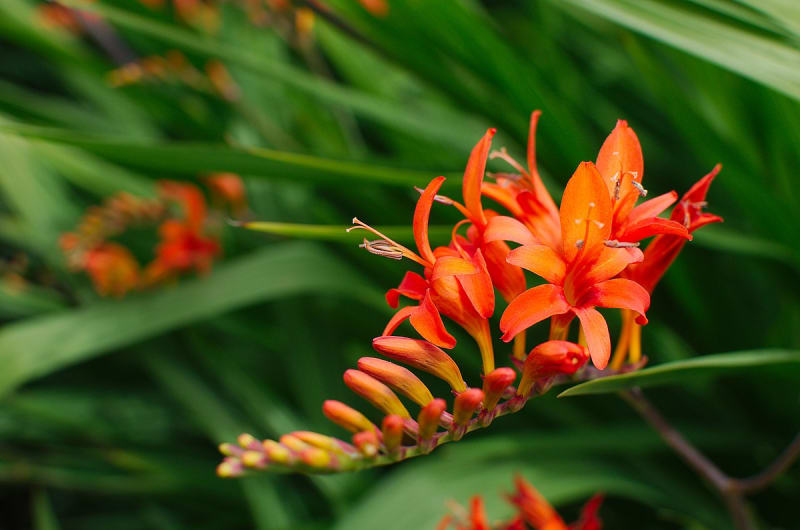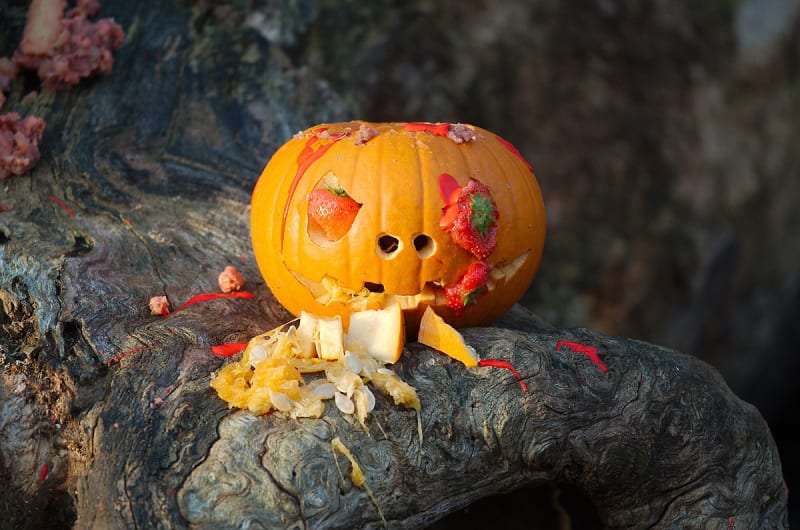Edinburgh Zoo
Edinburgh Zoo was founded in 1909 by Thomas Gillespie. He was inspired by the so-called "open menagerie" in Hamburg, founded by Karl Hagenbeck. A different approach was used here than in the Victorian menageries with bars and cages. Instead, the Edinburgh building was designed to have large outdoor enclosures to separate the animals from the visitors.
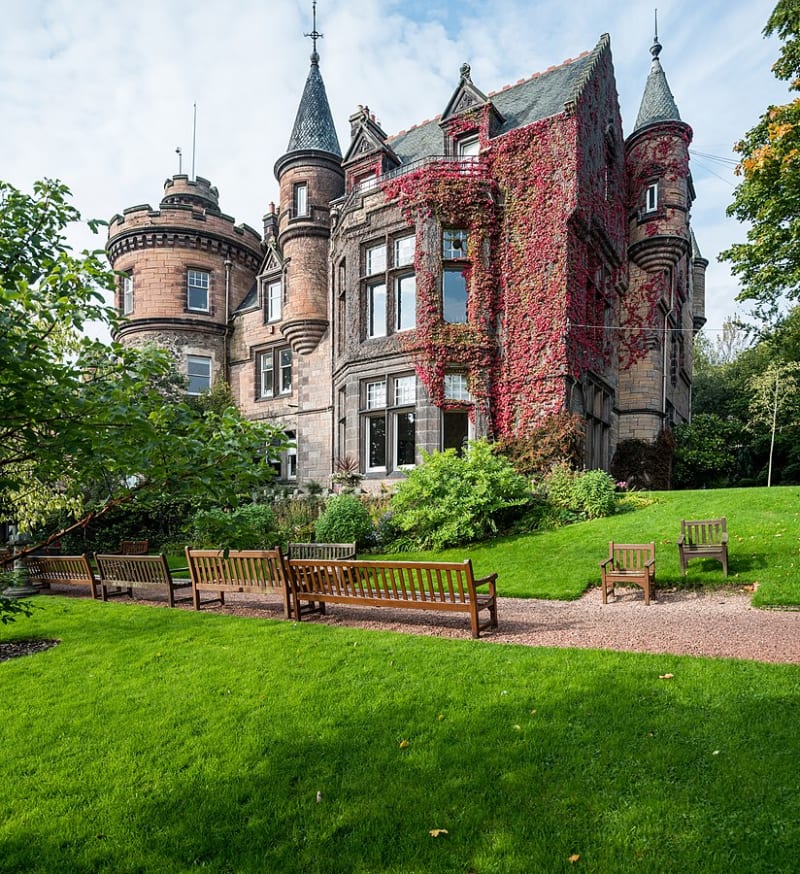
Animal diversity
Edinburgh Zoo provides an opportunity to visit mammals such as African hunting dogs, bush dogs, maned wolf, wolverines, ratels, European ground squirrels, marbled ferrets, Palladian and golden cats Temminka, margai, vicuna, bongo, Siberian musk and various other species of animals.
The menagerie also has enclosures with titi monkeys, gelada baboons and the starry sky of the pym section, a large group of curious and playful chimpanzees who regularly entertain visitors, especially during feeding. Edinburgh Zoo boasts cute and curious otters, funny fur seals, snuffling and shuffling giant anteaters, zebras and double-humped camels.
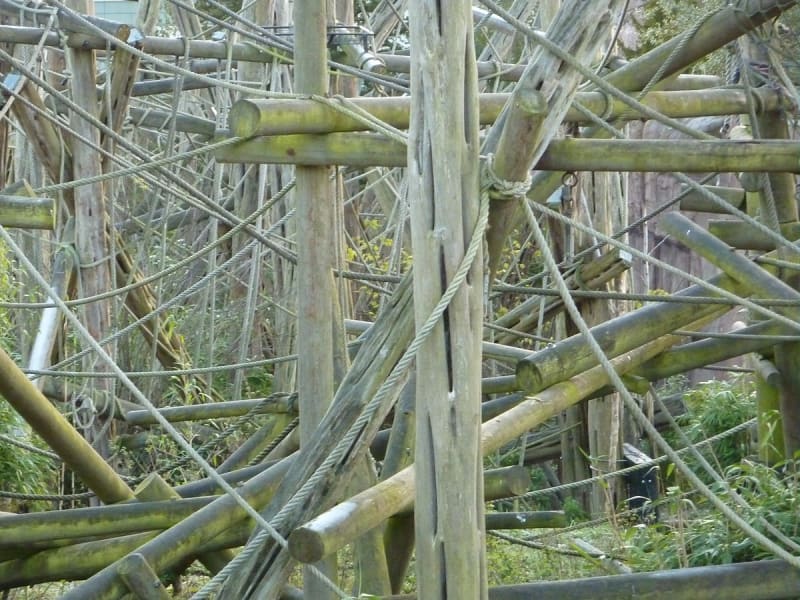
The Club-footed Warrior
Voytek the bear continues to be the mascot of Edinburgh Zoo. During World War II, the company was tasked with supplying food and ammunition to the Allied forces at the Battle of Monte Cassino, the bear soldier did not stand aside. He went into battle with the troops and, without prompting, helped carry boxes of 25-pound artillery shells to his comrades under heavy fire without dropping a single one. After the end of the war, the 22nd Company was stationed at Winfield Camp, near Hutton in Berwickshire, after it was sent to Edinburgh. Wojtek was one of the three thousand soldiers in the camp and became a very popular figure among the locals in the Border area.
The wealth of flora
Edinburgh Zoo has a rich plant heritage, the most famous Thomas Blakey plant nursery. When creating it, he followed the fashion of French zoological gardens, La Bagatelle is one of them. New varieties of apple trees were grown in the rose garden, and the animal park inherited one of the most diverse tree collections in the country, numbering 120 species.
Facing south means that the microclimate allows bananas to thrive, and Edinburgh Zoo maintains gardens and habitat in enclosures for animals, providing them with food and gardens with fascinating views, from summer fragrant pelargoniums to winter Alpine flowers.
